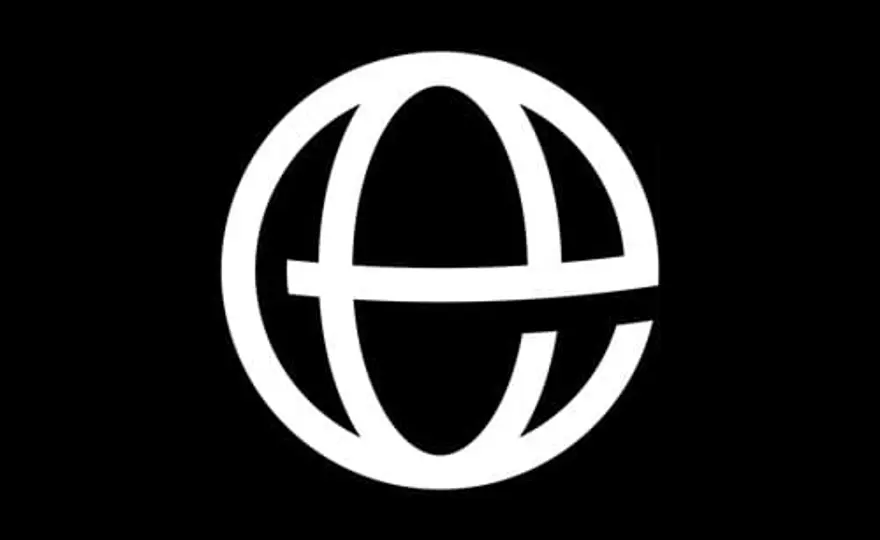ClientEarth Communications
28th July 2017


A Stuttgart judge has ruled that retrofitting illegally polluting diesel vehicles will not solve the German region’s air quality crisis and demanded a diesel ban be implemented in the city from January 2018.
The ruling means Stuttgart’s government must rewrite its Air Quality Plan (AQP), as the current version is inadequate and will not protect people’s health in the shortest time possible.
Air quality in the region is illegally poor, regularly breaching limits for toxic gas nitrogen dioxide (NO2) and dangerous coarse particles (PM10). The levels are some of the worst in Germany.
Stuttgart’s local government came up with a draft Air Quality Plan in response to legal action launched by environmental lawyers ClientEarth and German charity Deutsche Umwelthilfe (DUH).
The draft plan contained some positive measures – including a reactive ‘peak pollution’ diesel ban – but was not adequate to tackle Stuttgart’s air pollution, in the charities’ view. Shortly before the hearing, Stuttgart’s authorities tried to take a step back and avoid diesel bans, relying on the car industry’s proposals to retrofit older “Euro 5” diesel models.
But the judge agreed with ClientEarth and DUH that it was insufficient and ruled that restricting access to the most polluting diesel vehicles is unavoidable to protect the health of people living and working in Stuttgart.
ClientEarth clean air lawyer Ugo Taddei said: “Hot on the heels of Dusseldorf and Munich, now Stuttgart too has been ordered by a court to introduce restrictions on the most polluting diesel vehicles. In striking contrast to reluctant governments and a discredited car industry, courts across Europe are stepping in to protect people’s right to clean air and to impose effective measures that will put a definitive end to this public health crisis.
“The judge has clarified that a diesel ban is unavoidable. Stuttgart’s authorities must now find rapid and effective ways to solve the region’s air quality issues. This should include a more structured approach that acknowledges the emissions issues with diesel vehicles – it must also not put undue confidence in what retrofitting can achieve.”
Lawyer Remo Klinger, who represented the NGOs in the case, said: “The court saw through the bluster of the Stuttgart authorities’ plan, posing critical questions and dismissing the arguments. We now have a reinforced decision that says diesel bans are the way forward and actionable as of today. This goes even further than the progressive decision by Düsseldorf in September – diesel bans are not just permitted in certain streets: they can be implemented for the whole low emission zone.”
Debate around diesel bans is ongoing in Germany, which is home to many global automotive heavyweights. Most recently, Munich’s mayor announced he would implement a diesel ban, on the basis that he could see “no other way” to bring alarming air pollution levels in the region down as quickly as possible.
A decision is due this autumn from the German Federal Administrative Court, which will determine whether cities have the power to ban diesel vehicles or the federal government must decide.
Stuttgart’s authorities must now introduce restrictions on diesel vehicles from January 2018 to tackle the public health emergency facing the city.